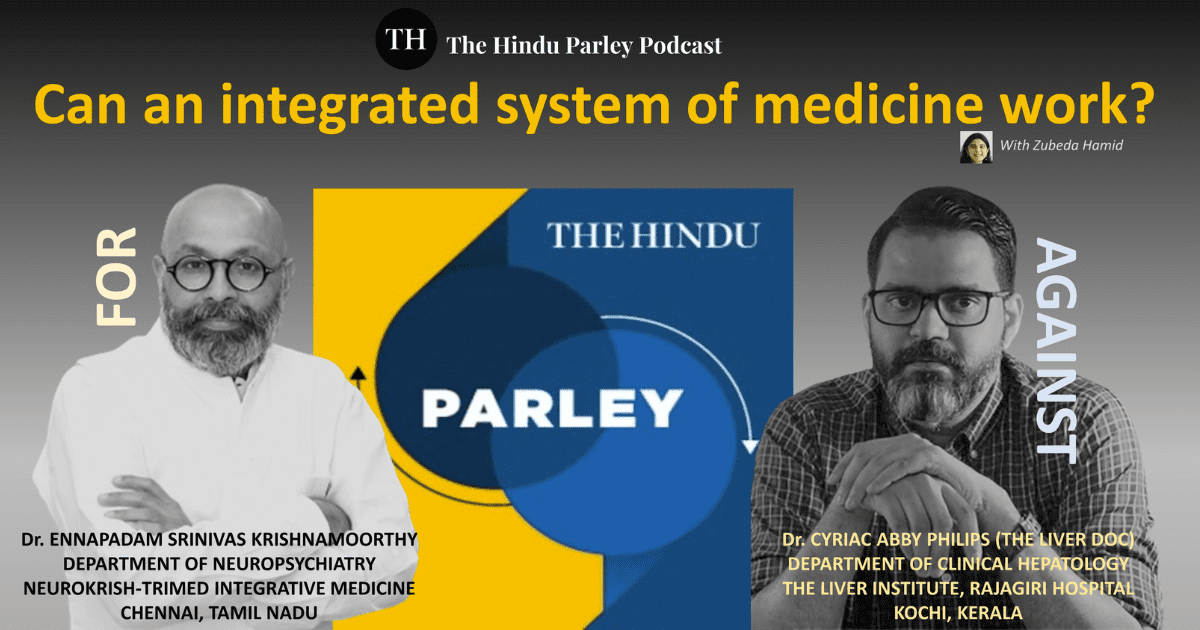Seizures, memory loss, aggression: symptoms that left a television news editor unfit to work. Until a providential diagnosis helped him make a remarkable recovery.
When R, a television news editor in his 40s, came to us a couple of years ago, he was suffering from seizures, poor short-term memory, mood swings, irritability, suspiciousness and aggression. Although he had a great track record at work, his condition had left him unfit to return to his job at a well-known television company. We found that his symptoms were provoked by limbic encephalitis, an antibody syndrome where the body’s immune system attacks rather than defends it. Apart from repeated seizures, the condition, which affects parts of the brain that control memory and emotion (the temporal lobes), had left him with a set of neurobehavioral symptoms.
While treating him for this, a timely visit from Oxford by Angela Vincent, a world renowned expert on antibody syndromes, in 2014, helped us diagnose R with a second, hitherto undiagnosed — and rare — antibody-mediated syndrome called NMDAR 1. We gave him a second course of intravenous steroids (the first having been given during initial presentation) following this discovery, and saw a distinct improvement in his memory and behaviour.
Evaluating R in some detail, we found he had severe deficits in cognition, with very poor ability to remember any new information. Indeed, he took quite a while to even become familiar with our team that was meeting him each day.
Our integrative rehabilitation programme for him was, therefore, focused on memory retraining and behavioural management, but included shirodhara (an Ayurveda treatment with brain-behaviour focus), acupressure, reflexology and physiotherapy. He was also given a combination of drugs to control seizures, enhance memory and modulate behaviour.
Counselling the family, helping them understand his predicament — that his symptoms were not deliberate or put on but an outcome of brain injury — was also part of the treatment. Working with his employer, who was concerned about R’s inability to do even some simple crucial functions, and prescribing a time-frame for our continued efforts, was also essential, helping R retain his job. Indeed, his immediate boss, a popular media personality, visited the centre to discuss R’s condition.
R’s recovery over two years was stormy. Seizure clusters, poorly controlled (pre-existing) diabetes, and an extraordinary reaction to a drug prescribed for seizures resulted in three emergency hospital admissions.
Also, R had great difficulty in accepting changes at home, such as his wife taking on decision-making and financial management roles. Paranoia and disturbed sleep taxed him and his interpersonal relationships greatly. At work, a change in the software platform magnified R’s difficulties. No longer could he work on auto-pilot; skills learnt over two decades were suddenly obsolete.
Supported by a caregiving trinity — family, employer and medical team — working in tandem, R managed to overcome these multifaceted problems.
Two years on, the transformation in R is remarkable. He is seizure-free, composed, communicates clearly, manages well at work having learnt to use the new software platform effectively, and enjoys a close trusting relationship with his family. He still has some residual memory and cognitive dysfunction and attends our centre for weekly cognitive retraining sessions. He continues to take some medication to control seizures and improve his memory.
This father of two, the sole breadwinner of a young family, managed to retain his job and win back his life because of a providential and timely diagnosis.






